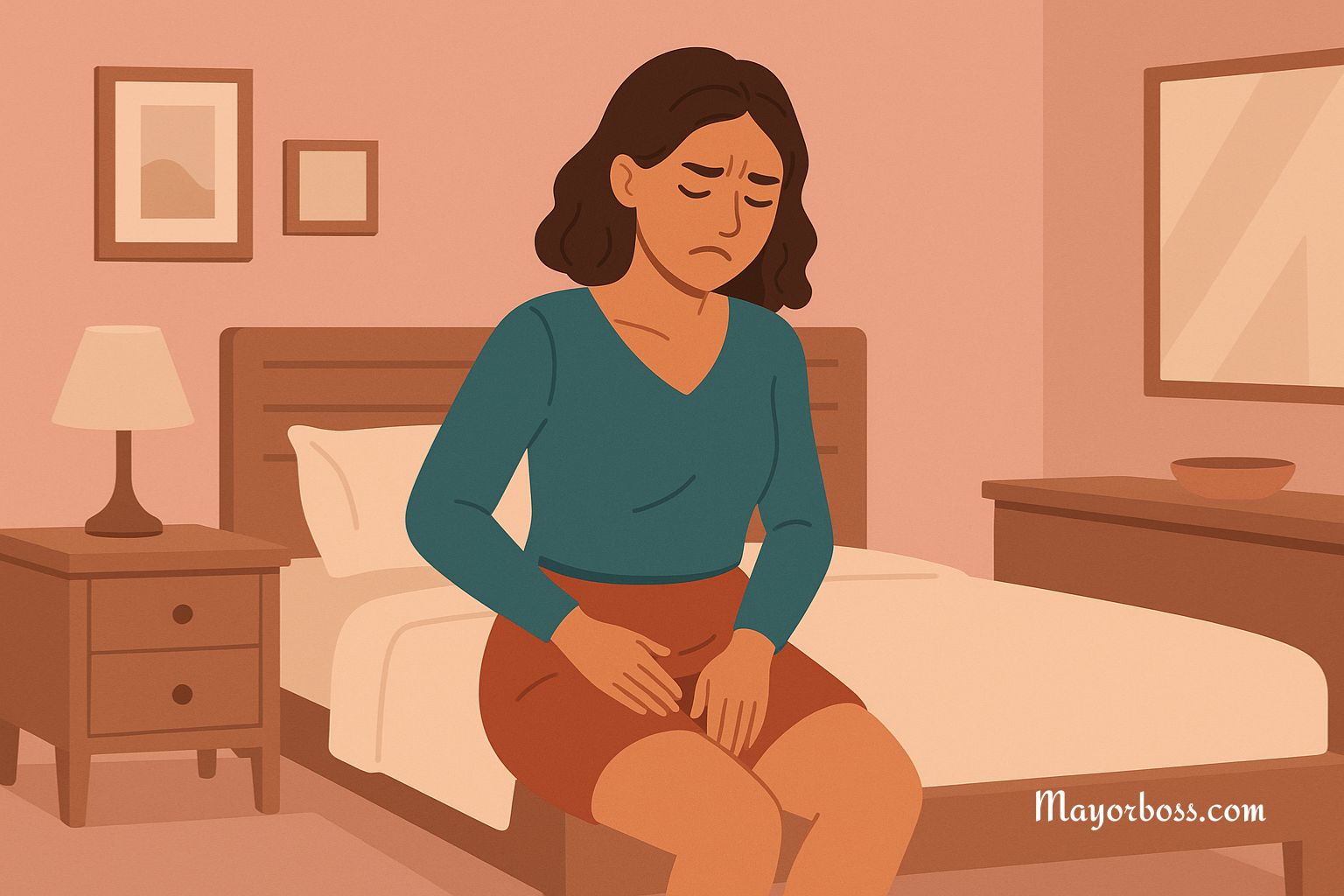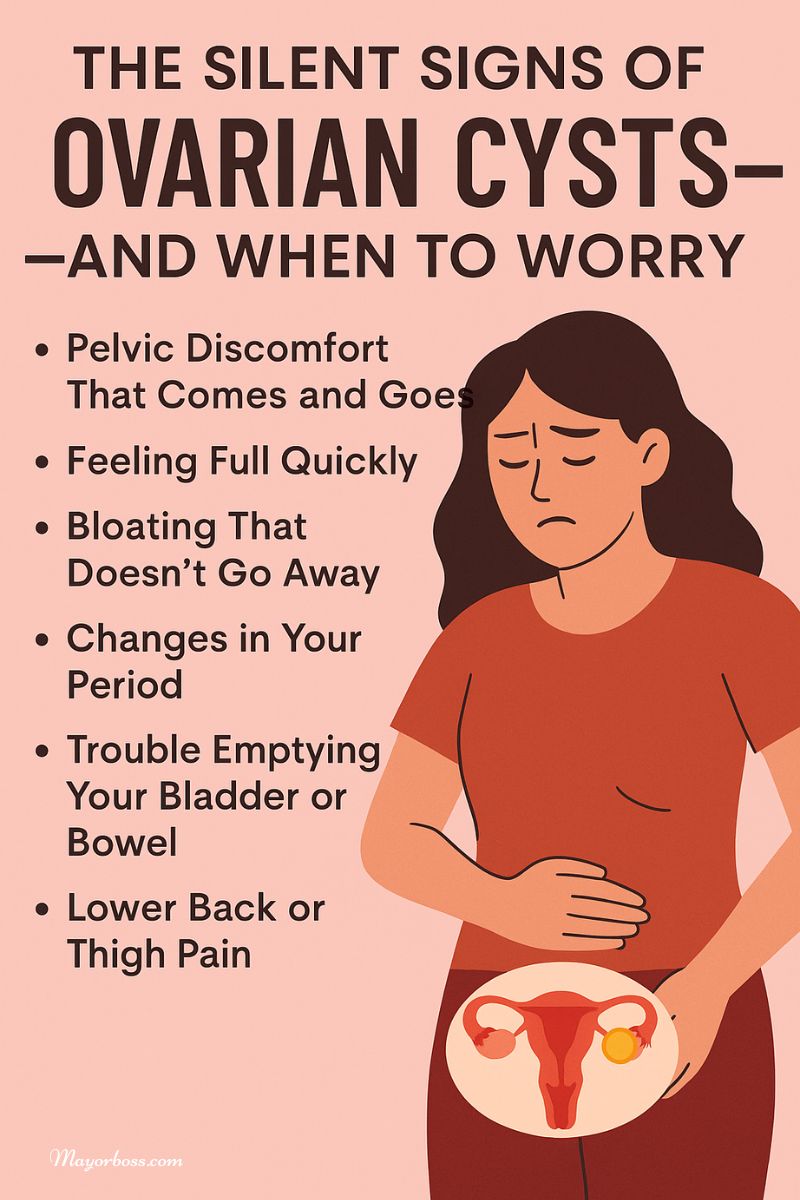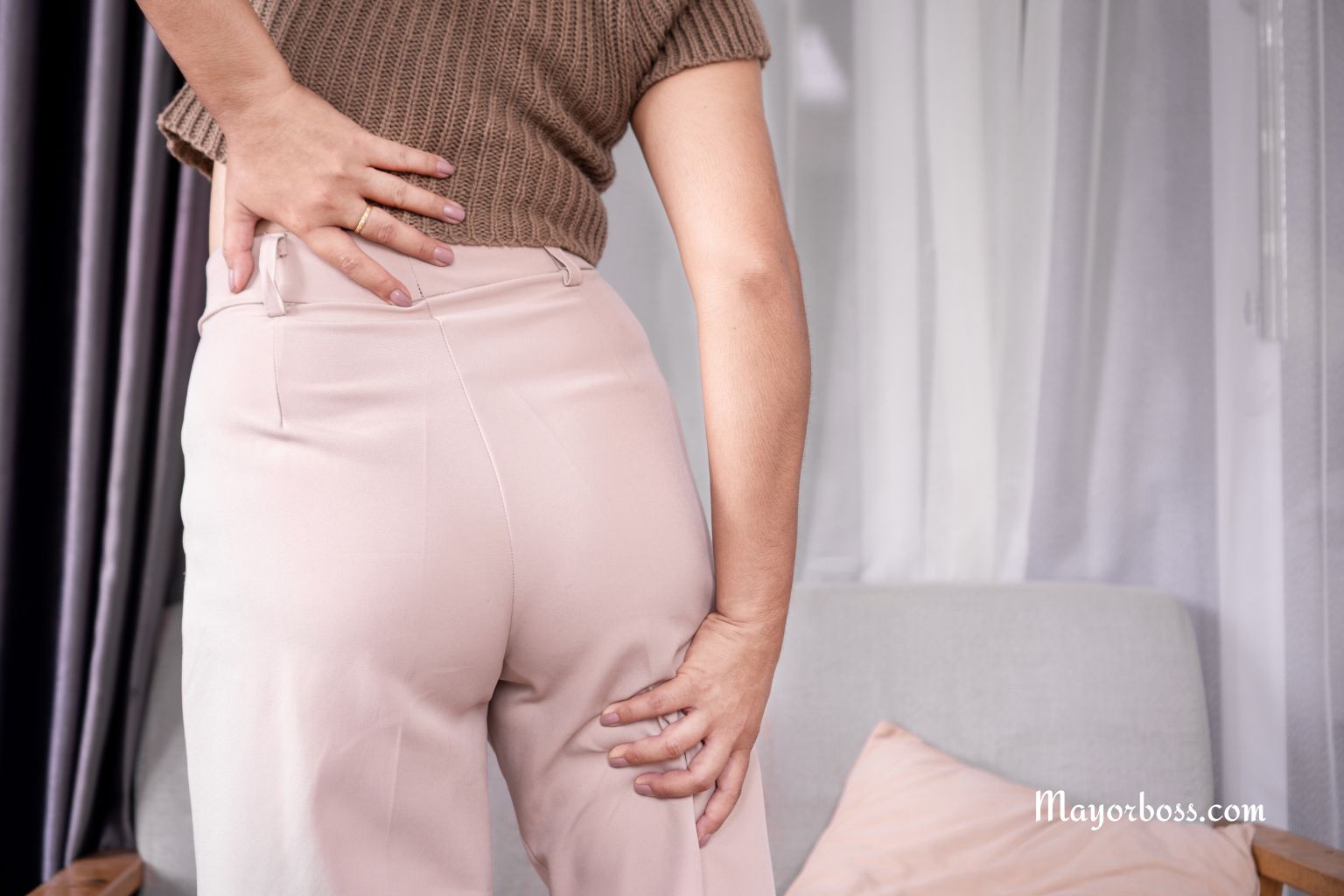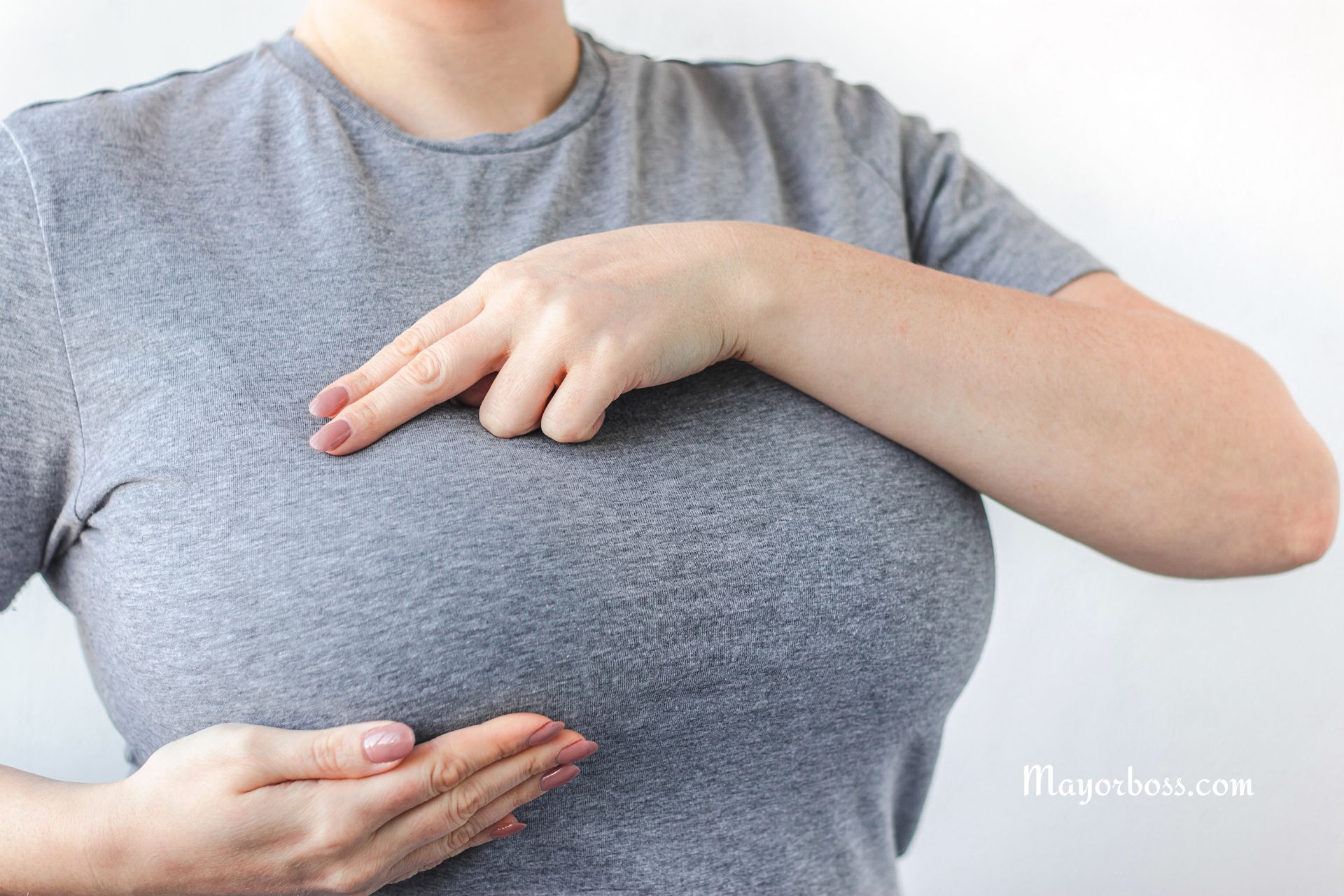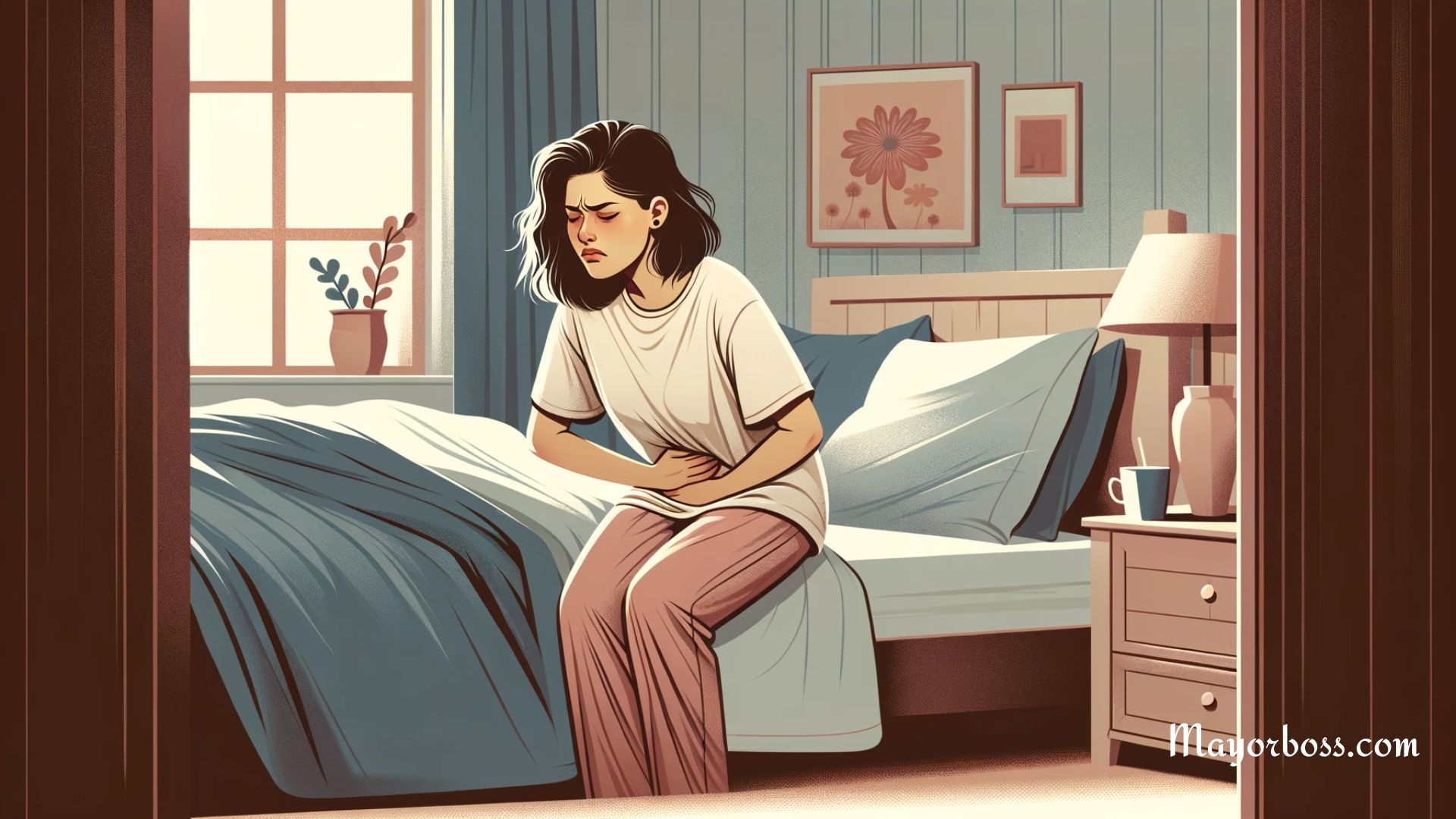Middle Pain: This is why you feel pain when you ovulate
Have you ever felt a sharp twinge or a series of cramps in the middle of your menstrual cycle? You’re not alone. This sensation, often known as “middle pain” or by its medical term, “mittelschmerz,” occurs during ovulation, the vital phase in your cycle when your body releases an egg.

What Is Ovulation and Why Does It Cause Pain?
Ovulation is the process where your ovary releases a mature egg. This happens roughly in the middle of your menstrual cycle, normally around day 14 in a 28-day cycle. The egg then travels down the fallopian tube, ready to be fertilized.
But why the pain? When the ovary releases the egg, it can sometimes cause a little fluid or blood to be released as well. This fluid can irritate the lining of your abdomen, leading to discomfort or pain. This is mittelschmerz. It’s usually felt on one side of the lower abdomen, the side where the ovary releases the egg.
Signs and Symptoms of Mittelschmerz
- Pain on one side of the lower abdomen: This can be a sharp pain or a dull ache.
- Duration: The pain can last from a few minutes to a few hours and, sometimes, up to a day or two.
- Timing: It occurs midway through your menstrual cycle, a sign that ovulation is happening.
Managing Mittelschmerz
For most women, mittelschmerz is a mild annoyance, not a severe problem. But you bet, if the pain is bothering you, there are ways to manage it:
- Pain Relief: Over-the-counter pain relievers like ibuprofen can help ease the discomfort.
- Heat Therapy: A warm bath or a heating pad on your abdomen can be soothing.
- Rest: Sometimes, all you need is to take it easy and let your body do its thing.
When to See a Doctor
Mittelschmerz is generally harmless, but not every pain during ovulation is normal. You should see a doctor if:
- The pain is severe or lasts longer than a few days.
- You experience fever, nausea, or vomiting along with the pain.
- The pain suddenly feels different from your usual mittelschmerz.
FAQs
1. Can mittelschmerz be a sign of a more serious condition?
Not necessarily, but if the pain changes or worsens, it could indicate conditions like endometriosis or ovarian cysts. Consulting with a healthcare professional is wise.
2. Does every woman experience mittelschmerz?
Nope, not all women feel this pain. It varies greatly from person to person.
3. Can Mittelschmerz affect fertility?
Actually, mittelschmerz can be a handy natural indicator of your fertile window. It doesn’t affect fertility itself.

